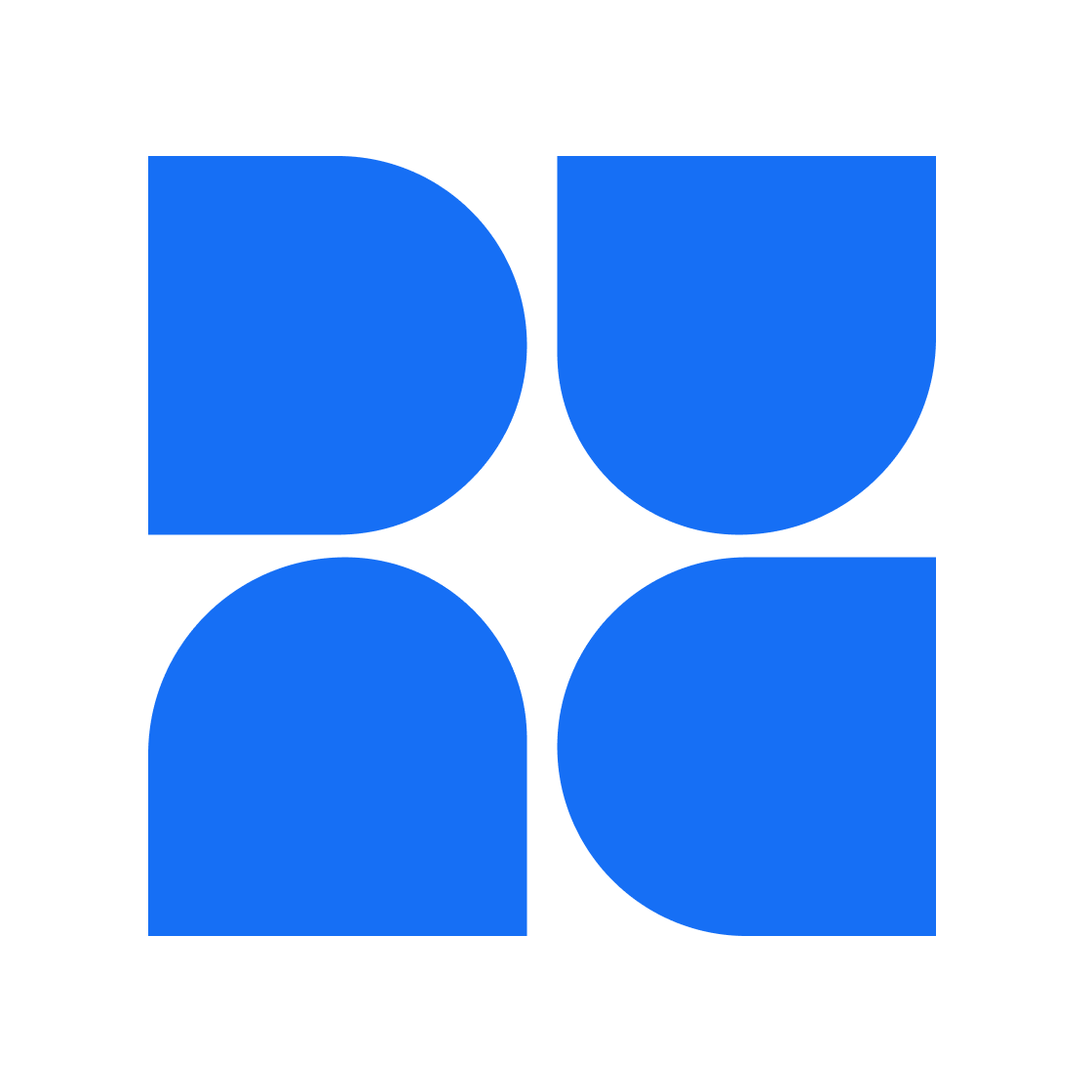
Building a platform that streamlines recreational sports team management
Overviewthe basics
what
GamePlanr is a progressive web app (PWA) that streamlines recreational sports team management, making it easy for captains to organize games while fostering team communication. Early user testing consistently rated it 4.5/5 or higher for user-friendly experience, highlighting its positive impact
who
David An - Product Manger
Alex Merkel - Software Engineer
Mitchell Hamm - Software Engineer
Hanna Silva - Product Designer
when
December 2023 - January 2024
Problemwhile recreational sports teams are formed for fun, organizing games can be tedious
According to a 2023 study conducted by Civi Science:
Adults in the US take part in recreational team sports
Driven primarily by
'personal enjoyment and fun'
Despite the popularity of recreational teams, persistent communication and coordination issues hamper the gaming experience.
Picture this: You're eagerly gearing up for a recreational sports game, excited to engage in the activity you love. However, as game time approaches, you discover that some of your teammates won't be able to make it. If only they had informed you earlier, right?
Solutiona mobile-first platform empowering team captains with streamlined team management & communication
create teams & invite others to join
schedule games with ease
effortlessly monitor game attendance
USER Researchdeep diving into the problem with a stakeholder interview & research
user survey review
Conducted and analyzed data from a survey of 22 people that have played recreational sports within the past 2 years
user interviews
Interviewed 4 recreational sports players, ages 35-40 that played a range of sports, including soccer, basketball, and kickball
competitive research
While some participants had access to a recreational sports league platform, they primarily relied on messaging platforms like WhatsApp and Messenger to coordinate their activities.
user Interview outcomeskey themes that emerged from user survey & interview mapping
social ties prevail in recreational sports
📌 78% of participants join recreational sports teams through friends.
word of mouth and chat are primary communication channels:
📌 96% use word of mouth, text, and messaging services such as Whatsapp and Messenger for game coordination
teams face player management challenges, often necessitating substitutes
📌 61% struggle with uncertainties in player availability and unresponsiveness
📌 82% required substitutes due to last-minute scheduling conflicts
📌 61% are alerted for need for substitutes within 1 day or less of the game
poor player management disrupts team dynamics
📌 72% noted adverse effects on team dynamics from difficulties in managing the team roster, resulting in:
Physical exhaustion
Decreased competitiveness
Game forfeits
Too many players sitting around
“I was a part of a team that basically dealt with this for an entire season, people coming in, coming out, always getting subs, and then we all ask each other, ‘Hey, do you guys want to sign up again next season?’ And they’re like, meh. Like the whole team disintegrated, essentially.”
Competitive Analysiscompetitors' offerings did not directly tackle player substitution problem
Even though most users rely on word of mouth, texts, and messaging services, we looked into other competitors' offerings. Our analysis revealed a common trend: competitors primarily focus on team management, game scheduling, and player communication features, neglecting the critical issue of last-minute substitutions.
User personameet Kyle & Ari
Our user research identified two primary personas: the team captain and the team player. To prioritize effectively within our time and feasibility constraints, we chose to focus our MVP on addressing the team captain's pain points including game coordination difficulty, communication struggles, and last-minute player scheduling changes.
Opportunitieshow might we simplify the process of managing a recreational sports team to ensure a more enjoyable experience for teams?
how might we help recreational sports team communicate simply and efficiently?
how might we help recreational sports teams anticipate and adjust to last-minute player cancellations?
ideationworkshopping effective solutions as a team
During a brainstorming session with our team, including a Product Manager and two engineers, I noticed that our solutions were primarily feature-focused and lacked alignment with user research insights. To address this, I led a workshop to collectively delve into user needs and frustrations and envision their potential interactions with our platform. This exercise grounded us in generating new ideas and our team discussions became more focused, leading to a more productive conversation.
We then leveraged those user insights and tapped into the subject matter expertise of our team member to delve deeper into the user journey, uncovering pivotal opportunities for our platform.
Prioritizationprioritizing based on user needs while pivoting due to technical constraints
Based on our findings, we initially focused on the player substitution challenge. However, due to time constraints, we prioritized addressing the broader issue of inefficient team management in our MVP. Features like substitution management and chat were reserved for future phases.
Also, considering a 7 week timeline, lack of budget, and technical constraints, we collectively opted for a Progressive Web App (PWA) for initial development, with plans to expand into a fully-featured app later on.
Wireframessetting up a framework with rapid designs
Drawing from our data, I rapidly designed low-fidelity wireframes and iterated them following team discussions. I appreciated how these rapid designs not only sparked discussions but also clarified our goals and fostered better team alignment. This collaborative process facilitated continuous refinement of our MVP.
Component Library& developing a new modular design system
To ensure consistency, maintainability, and efficiency in development, I crafted a design system based on our brand style: clean, simple, fun, and energetic.
SOLUTIONbringing features to life based on our insights
Based on our findings and feasibility discussions, I designed key features to address user needs within project constraints.
❌ problem: recreational teams typically rely on chat groups or email chains, managed by a single team captain/organizer responsible for all administrative tasks
✅ solution: enable team captains to seamlessly create teams and facilitate effortless member invitations
-a dedicated team page to foster cohesion and collaboration by displaying key team information and players
-any team member can invite others, easing the captain's administrative load
creating teams & inviting others to join
❌ problem: problem: team captains are tasked with relaying game information via overcrowded chat groups
✅ solution: a simplified tool for specifying game details, providing users with easy access to essential information
-team players are notified when games are scheduled and automatically reminded of upcoming games to reduce the risk of missed games
scheduling games with ease
❌ problem: team captains struggle to track game attendance, relying heavily on players reacting to posts or sending private messages
✅ solution: an easy confirmation system for game attendance
-players receive automatic reminders to confirm attendance
-a game attendance list and confirmation feature enhances player accountability
enabling game attendance tracking

Usability Testingtesting out features with users
In order to understand the effectiveness of the new features, I set up unmoderated usability testing with Maze with 34 participants. Participants were instructed to undergo 3 task flows and feedback was collected on Completion Rate & Ease of Use using a Likert scale.
Overall, participants enjoyed the site's:
✅ usefulness in confirming player attendance
✅ interactive prompts that facilitated task completion
✅ overall ease, simplicity, and intuitive design
here’s what they had to say:
User feedbackwhile users completed all tasks satisfactorily, they indicated that tasks 2 & 3 could be made easier
In order to prioritize participant feedback and understand which iterations were needed, I mapped out comments and used a severity x frequency matrix to identify the top usability issues and an impact x effort matrix to prioritize solutions in terms of feasibility for the MVP.
task 1: signing up for an account
Completion: 91.2%
Likert Measure: How hard or easy was that? (1 Very Hard → 5 Very Easy): Average Score: 4.7/5
task 2: creating a team & scheduling the first game
Completion: 96.6%
Likert Measure: How hard or easy was that? (1 Very Hard → 5 Very Easy): Average Score: 4.5/5
Main Usability Feedback:
❌ Participants found scheduling a game could be simplified
task 3: confirming game attendance
Completion: 100%
Likert Measure: How hard or easy was that? (1 Very Hard → 5 Very Easy): Average Score: 4.6/5
Main Usability Feedback:
❌ Participants found confirming attendance unintuitive, noting that the ? icon resembled an information or help button
Iterationsiterating based on user feedback
improvement to task 1: creating a team & scheduling the first game
😕 usability issue: participants mentioned that scheduling a game could be simplified
✅ iteration: updated for more intuitive input
before
after
improvement to task 2: confirming game attendance
😕 usability issue: participants found confirming attendance unintuitive, noting that the ? icon resembled an information or help button
✅ iteration: replace the icon with a written prompt for better clarification. additionally, added an expanded prompt to the homepage for a quick & easy one-click solution option
before
after
introducing GamePlanr

check out the prototype
Future Stepsthe future of GamePlanr
Looking ahead, we are committed to continuous improvement as we iterate and conduct usability testing during the gradual deployment of the PWA and eventual app development.
Future plans include:
🔁 recurring games
streamlined scheduling for multiple games
🔒 user permissions
introduction of varying permission levels (e.g., co-captains) for team delegation
📍 location functionality
enhanced location services to improve game coordination
🙋 substitutes
added features for finding replacements when team members are unavailable
📈 performance tracking & gamification
integrating player statistics and basic reporting for individual and team performance, including game stats, attendance, and analysis
💬 in-app messaging
enhancing communication within teams and making GamePlanr a comprehensive solution for all their needs
TAKEAWAYS
some lessons learned
what i enjoyed
Effective communication was essential for our fully remote team. We held regular meetings, maintained thorough documentation, and emphasized inclusivity to ensure every team member felt valued and connected to the product. A personal highlight for me was organizing a workshop that deepened our understanding of our users' mindset and strengthened our collective sense of purpose.
what i learned
Providing the team with early iterations of deliverables, even if not perfectly polished, proved invaluable. Witnessing how these early deliverables sparked collaborative discussions, feedback, and swift iterations was satisfying.
Learning to balance zooming into the details while simultaneously maintaining a vision of the future and keeping an eye on the prize was crucial for effective prioritization.
what was challenging
Creating a comprehensive product within a tight timeframe was challenging. Learning to make concessions and prioritize effectively was crucial. A key takeaway was the importance of solidifying core functions before delving into more dynamic features.
Balancing different work styles, schedules, and backgrounds within a small timeframe was difficult but ultimately gratifying.
what i’d do differently
If given more time, I'd invest extra effort in enhancing the documentation within Trello to facilitate an even smoother handoff during development.
















